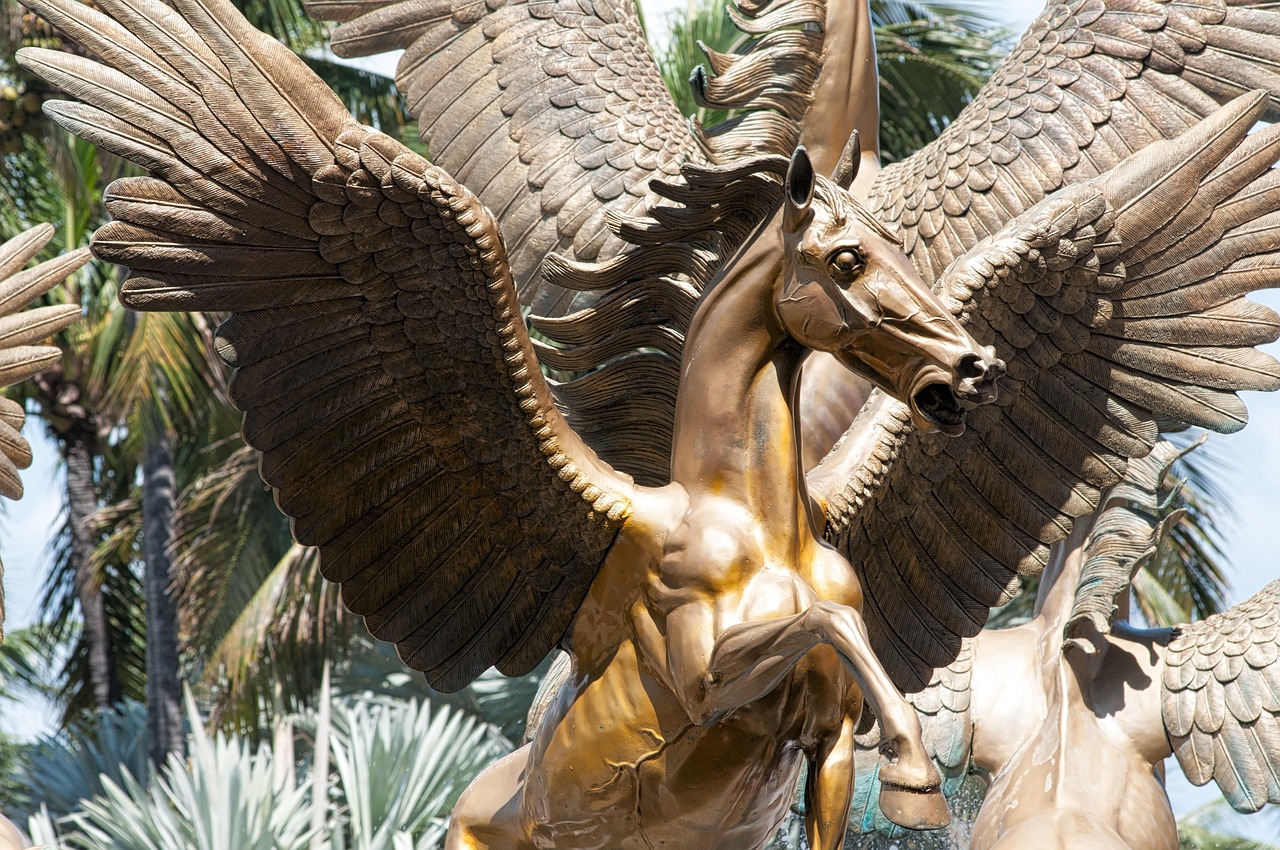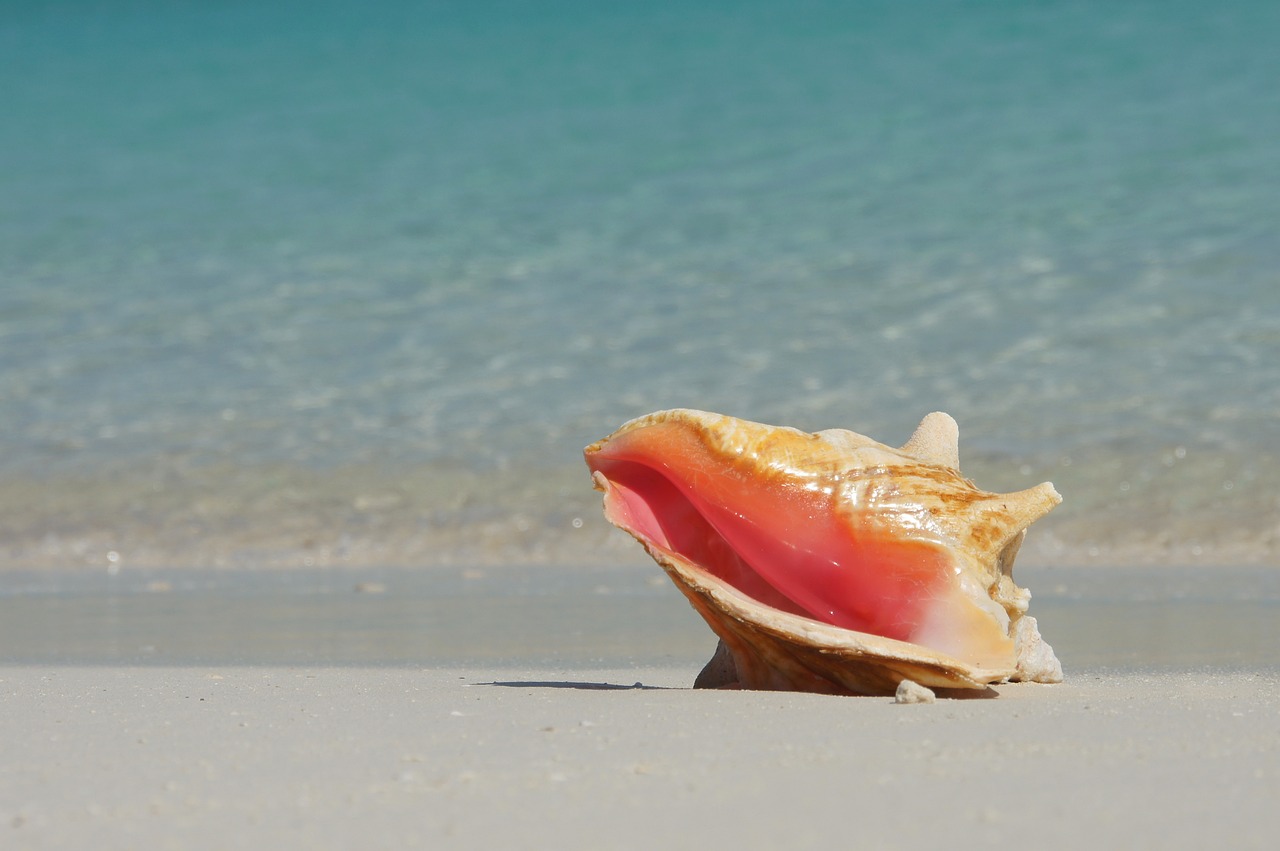Safety Tips for Remote Workers in Bahamas
The Bahamas, with its stunning beaches and vibrant culture, is an attractive destination for remote workers seeking a change of scenery. However, working remotely in a new environment comes with its own set of challenges and safety considerations. Whether you’re staying for a short visit or an extended period, it’s essential to prioritize your safety. Here are some crucial safety tips for remote workers in the Bahamas:
1. Research Your Accommodation
Finding a safe and secure place to stay is paramount. Research different accommodation options and read reviews from reliable sources before making a booking. Choose reputable hotels, guesthouses, or vacation rentals that prioritize security measures.
- Check for security features: Look for properties with secure entrances, well-lit common areas, and surveillance cameras.
- Choose popular areas: Opt for accommodations in well-known tourist areas that are likely to have a higher level of security.
- Read guest reviews: Pay attention to reviews that mention safety concerns or positive experiences with security measures.
- Consider additional security measures: If you’re staying in a vacation rental, inquire about the availability of safes, alarm systems, or on-site security personnel.
2. Secure Your Belongings
Protecting your belongings is essential, especially when working remotely. Follow these tips to keep your valuables safe:
- Use hotel safes: If your accommodation provides a safe, use it to store your passport, laptop, and other valuable items when you’re not using them.
- Lock your doors and windows: Whether you’re staying in a hotel room or a vacation rental, always lock your doors and windows when leaving or sleeping.
- Avoid displaying expensive items: Keep your electronics, jewelry, and other valuable possessions out of sight to minimize the risk of theft.
- Consider travel insurance: Protect yourself financially by investing in travel insurance that covers loss or theft of personal belongings.
3. Be Aware of Your Surroundings
Maintaining situational awareness is crucial for your safety. Stay vigilant and observe your surroundings to identify any potential risks or unusual activities. Here are some tips for being aware of your surroundings:
- Stay informed about local news: Keep up-to-date with local news and events to be aware of any safety concerns or areas to avoid.
- Trust your instincts: If a situation or location feels unsafe, trust your gut and remove yourself from the situation.
- Avoid isolated areas at night: Stick to well-populated and well-lit areas, especially when walking alone at night.
- Stay visible: Wear reflective clothing or carry a flashlight when walking in dimly lit areas to ensure you are visible to others.
4. Use Secure Wi-Fi Networks
When working remotely, it’s crucial to protect your sensitive information and data. Avoid connecting to public Wi-Fi networks that may be insecure. Instead, follow these tips to ensure a secure internet connection:
- Use a virtual private network (VPN): Invest in a reliable VPN service to encrypt your internet connection and protect your data from potential hackers.
- Create strong passwords: Use complex and unique passwords for your online accounts to minimize the risk of unauthorized access.
- Update your software: Keep your devices and software up to date to ensure you have the latest security patches and protection against vulnerabilities.
- Be cautious with personal information: Avoid sharing sensitive personal information over unsecured networks or with untrusted websites.
5. Familiarize Yourself with Local Laws and Customs
Before traveling to the Bahamas, familiarize yourself with local laws, customs, and cultural norms. Respecting the local culture and adhering to the laws can contribute to a safer and more enjoyable experience. Here are some tips:
- Research local laws: Learn about local laws and regulations to ensure you’re aware of any specific rules that may apply to remote workers.
- Respect cultural norms: Familiarize yourself with the local customs and traditions to avoid unintentionally offending locals.
- Be mindful of your behavior: Behave responsibly and considerately, both in public and within your accommodation, to maintain a positive relationship with locals.
- Know emergency contacts: Save the local emergency contact numbers, including the police and medical services, in case of any emergencies.
6. Stay Connected with Others
Maintaining regular communication with friends, family, or fellow remote workers can enhance your safety while working remotely. Here’s why staying connected is important:
- Emergency support: Having someone who knows your whereabouts and can assist you in case of an emergency is crucial.
- Safety check-ins: Regularly check in with someone to let them know you’re safe and provide updates on your location.
- Networking opportunities: Connecting with other remote workers can provide valuable insights and support for navigating safety concerns in the Bahamas.
- Shared resources: Engage with online communities or forums to gather information about safety tips and recommendations from experienced travelers.
7. Be Mindful of Sun Safety
The Bahamas is known for its beautiful sunny weather, but it’s important to prioritize sun safety to avoid sunburn and heat-related illnesses. Follow these tips for sun protection:
- Apply sunscreen: Use a broad-spectrum sunscreen with a high SPF and reapply it every few hours, especially if you’re spending time outdoors.
- Seek shade: Take breaks in shaded areas or use umbrellas to protect yourself from direct sunlight during the hottest hours of the day.
- Stay hydrated: Drink plenty of water to stay hydrated, especially when spending time in the sun.
- Wear protective clothing: Opt for lightweight, loose-fitting clothing that covers your skin to minimize sun exposure.
8. Practice Water Safety
The Bahamas is famous for its crystal-clear waters, but it’s crucial to prioritize water safety to avoid accidents or injuries. Follow these tips when enjoying water activities:
- Swim in designated areas: Stick to beaches with lifeguards and designated swimming areas, as they are typically safer.
- Observe warning signs: Pay attention to warning signs indicating strong currents, dangerous marine life, or other potential hazards.
- Use life jackets: When participating in water sports or boating activities, wear a properly fitted life jacket for added safety.
- Avoid alcohol consumption: Drinking alcohol impairs judgment and coordination, making water activities riskier. Save alcohol for after your water adventures.
9. Prepare for Natural Disasters
The Bahamas is prone to natural disasters, including hurricanes and tropical storms. Being prepared can help you navigate these situations safely. Here’s what you need to do:
- Stay informed: Monitor local weather reports and follow instructions from local authorities in the event of a severe weather warning.
- Have an emergency kit: Prepare an emergency kit with essential supplies such as food, water, flashlights, batteries, and a first aid kit.
- Secure your accommodation: If a severe weather event is expected, secure your accommodation by closing and reinforcing windows and doors.
- Know evacuation routes: Familiarize yourself with evacuation routes and have a plan in place in case you need to evacuate.
Bahamas Image 1:

10. Use Reliable Transportation
When traveling around the Bahamas, it’s essential to prioritize transportation safety. Follow these tips for secure and reliable transportation:
- Choose licensed taxis or rideshares: Opt for licensed taxis or reputable rideshare services to ensure your safety during transportation.
- Share your itinerary: Let someone know your travel plans, including your destination and estimated time of arrival.
- Avoid hitchhiking: Hitchhiking is not recommended due to the potential risks involved. Stick to official transportation services.
- Check for seatbelts: Ensure the vehicle you’re traveling in has functioning seatbelts, and use them at all times.
11. Respect Wildlife and Marine Life
The Bahamas is home to diverse wildlife and stunning marine ecosystems. It’s crucial to respect and protect these natural environments. Follow these guidelines:
- Do not feed wildlife: Feeding wildlife can disrupt their natural behaviors and potentially harm them. Observe from a safe distance instead.
- Avoid touching or disturbing marine life: When snorkeling or diving, refrain from touching or disturbing marine creatures or their habitats.
- Dispose of waste responsibly: Use designated trash bins and avoid littering to prevent harm to wildlife and marine ecosystems.
- Follow fishing regulations: If you plan on fishing, familiarize yourself with local fishing regulations and practice sustainable fishing methods.
12. Emergency Contacts
It’s crucial to have access to emergency contacts while staying in the Bahamas. Here are some essential numbers to keep handy:
- Police: 919 or 911
- Ambulance: 919 or 911
- Bahamas Tourism Police: 242-322-3088
- U.S. Embassy in the Bahamas: 242-322-1181
Bahamas Image 2:

References
– Bahamas Ministry of Tourism – www.bahamas.com
– U.S. Department of State – travel.state.gov
– Centers for Disease Control and Prevention – www.cdc.gov
– The Royal Bahamas Police Force – www.royalbahamaspolice.org


